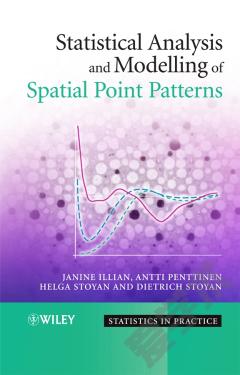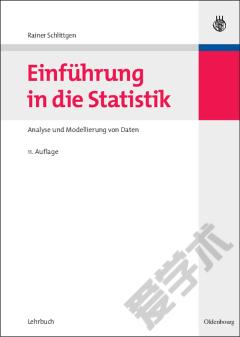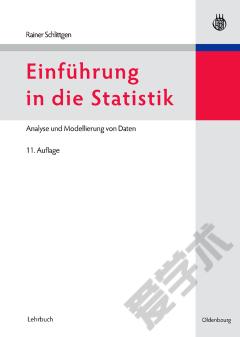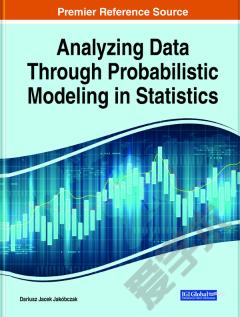Knowledge Discovery in Cyberspace: Statistical Analysis and Predictive Modeling
PhD Kristijan V. Kuk was born in Belgrade, Serbia, in 1977. He is received the B.S.E.E in 2007 from Technical Faculty in Zrenjanin, University of Novi Sad, Serbia. He finished PhD degree in informatics and computing science in 2013 at the Faculty of Electronic Engineering, University of Nis. In addition, he is the author of more than 40 scientific - technical papers presented at the reference international and national conferences. Eight papers are published in scientific journals from SCI/E lists, three paper is published as a chapter for Springer book. In 2014 he was elected to the position of assistant professor in Software Engineering / Computer forensics tool Development at the Academy of Criminalistic and Police Studies in Belgrade. He is a member of the CyberCrime Research Centre of the Police Academy. His research interests are artificial intelligence-based cyber security platforms, intelligent agents, data/text mining techniques in social networks, cybercrime prevention architectures and behavioral design patterns.This book is a practical handbook of research on dealing with mathematical methods in crime prevention for special agents, and discusses their capabilities and benefits that stem from integrating statistical analysis and predictive modeling. It consists of a current collection of research with contributions by authors from different nations in different disciplines. After reading this book, the reader should be able to understand the fundamental nature of cyberspace; understand the role of cyber-attacks; learn analytical techniques and the challenges of predicting events; learn how languages and culture are influenced by cyberspace; and learn techniques of the cyberspace public opinion detection and tracking process. Understanding cyberspace is the key to defending against digital attacks. This book takes a global perspective, examining the skills needed to collect and analyze event information and perform threat or target analysis duties in an effort to identify sources for signs of compromise, unauthorized activity and poor security practices. The ability to understand and react to events in cyberspace in a timely and appropriate manner will be key to future success. Most of the collections are research-based practices that have been done throughout the years. The authors hope that the presented work will be of great use to police investigators and cyber special agents interested in predictive analytics.Target Audience:Police investigator, Cyber special agent, Cyber incident response specialist, Cyber Security Engineer, Computer Forensic Analyst.
{{comment.content}}








 京公网安备 11010802027623号
京公网安备 11010802027623号